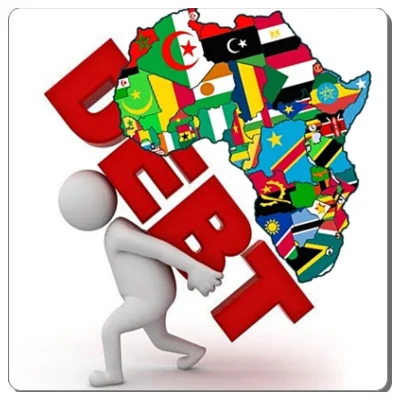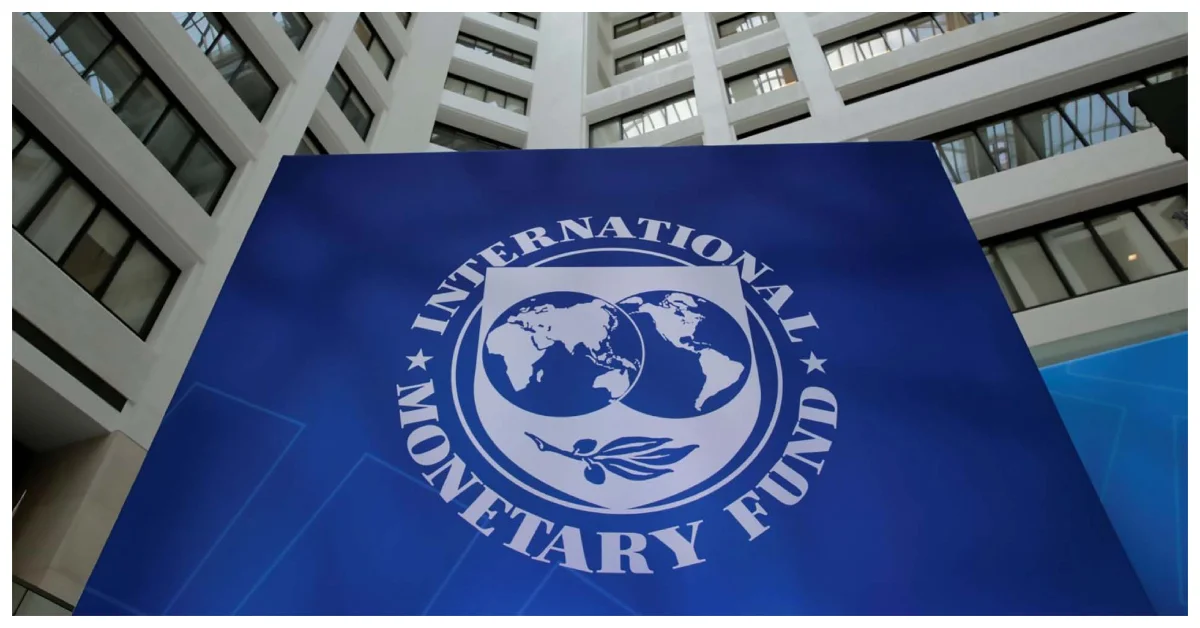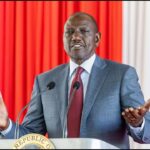The International Monetary Fund (IMF) has recently released a report outlining crucial measures that sub-Saharan African nations should adopt to avert an impending debt crisis. This report, found on the IMF’s website, highlights a concerning trend: the average debt ratio in sub-Saharan Africa has surged, nearly doubling from 30% of GDP in 2013 to almost 60% of GDP by the end of 2022. Furthermore, the cost of debt repayment has escalated significantly.
A particularly alarming revelation from the report is that the region’s ratio of interest payments to revenue, a key indicator of debt servicing capacity and fiscal crisis risk, has more than doubled since the early 2010s. It now stands at nearly four times the ratio observed in advanced economies. Shockingly, as of 2022, over half of the low-income countries in sub-Saharan Africa were deemed by the IMF to be either at high risk of or already in debt distress according to a report by Business Insider Africa.
To avoid a looming debt crisis in the region, the IMF has outlined five essential policy actions that African governments can adopt to maintain the sustainability of public finances while simultaneously advancing their development objectives.

The first recommended measure is the establishment of clear debt goals that strike a balance between debt sustainability and long-term development objectives. The report criticizes the prevailing fiscal policies in many sub-Saharan African nations for prioritizing short-term goals, resulting in frequent violations of fiscal rules and an escalating public debt burden.
Additionally, the IMF suggests that African countries should implement fiscal adjustments to bring their debt levels back to a more secure position. IMF staff analysis indicates that numerous countries in the region will need to reduce their budget deficits in the coming years, with an average adjustment requirement of about 2 to 3% of GDP. However, some nations may require additional measures such as debt restructuring to ensure fiscal sustainability.
The third measure proposed by the IMF is reducing reliance on expenditure cuts as the primary means of reducing fiscal deficits. While expenditure cuts may be necessary in some cases, the report recommends greater emphasis on revenue-generating measures, such as eliminating tax exemptions or modernizing filing and payment systems. This approach is considered less detrimental to economic growth, especially in countries with initially low tax levels, given the significant development needs in Africa.
Read Also: IMF, Kenya Reach an Agreement of Ksh.55 B Loan
In addition, the IMF emphasizes the importance of strengthening budget institutions to enhance the implementation of fiscal plans. Effective budget institutions help countries avoid deviations from budgetary goals and reduce the prevalence of extra-budgetary commitments, which are common issues in the region.
Lastly, the IMF has highlighted the significance of public acceptance in policy design. It suggests that governments should carefully sequence reforms and introduce compensatory measures to gain the trust and support of their populations. Public buy-in for reforms depends on the government’s ability to demonstrate efficient, fair, and transparent use of public funds.
The IMF’s report provides critical insights into the escalating debt crisis in sub-Saharan Africa and offers a comprehensive roadmap for governments in the region to navigate these challenges successfully. By adopting these recommended measures, African nations can strike a balance between fiscal stability and long-term development, ultimately safeguarding their economic future.
Subscribe to our Youtube channel Switch TV
Last month, Business Daily reported that Kenya’s debt had surpassed the Ksh10 trillion threshold at Ksh10.19 trillion for the year that ended in June marking an 18.08 percent increase from the Ksh8.63 trillion recorded in the last complete fiscal year under former President Uhuru Kenyatta.
















